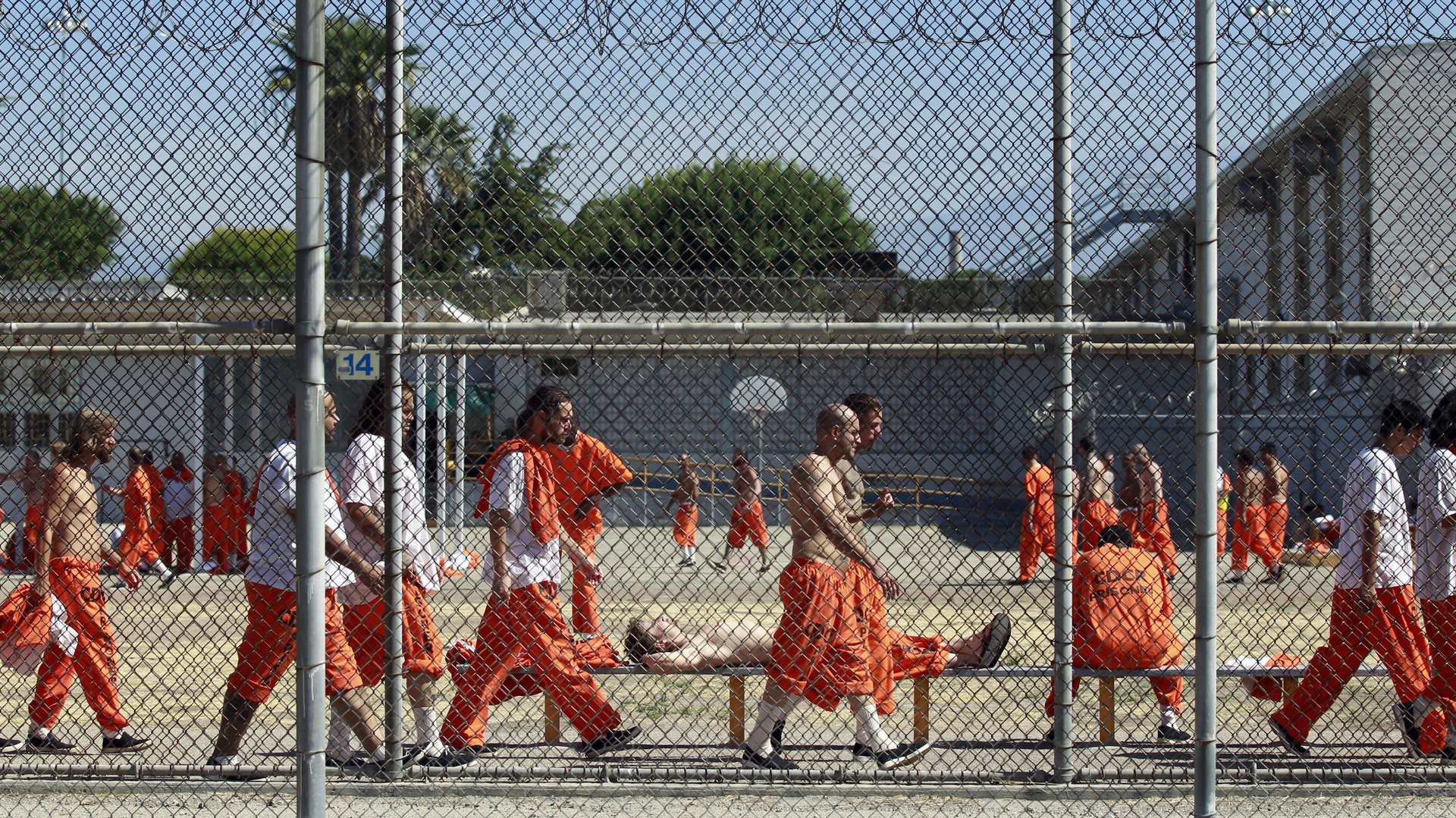After serving time, a former “wolf of Wall Street” launched a job board specifically for convicts
Richard Bronson knows all too well the struggle of finding a job with a criminal record.


Richard Bronson knows all too well the struggle of finding a job with a criminal record.
In the early 1990s, Bronson was a partner at the infamous “Wolf of Wall Street” firm Stratton Oakmont (the subject of a 2013 Martin Scorsese movie). Now he has started a company to help convicts like him get a job.
After serving 22 months in a federal prison for securities fraud, Bronson found the world was a very different place when he finally left prison. “I was essentially destitute,” he says,”I had no money and no job prospects.”
Bronson’s struggle to find a job is far from unique. One in three adults in America, or 70 million, have a criminal record, Bronson says. (A report by the Wall Street Journal suggests that figure is a reasonable ballpark estimate.) Trying to get their lives back on track, convicts face an uphill struggle trying to find employment. In the US, about two-thirds (67.8 percent) of released prisoners were rearrested within three years of being released. The vast majority of prisoners say it was difficult or impossible to find jobs after being released, according to a 2015 survey.
Despite being a white man from the corporate world, with a college education, doors were closed to Bronson. As he struggled to find employment, it struck Bronson what other former inmates must go through. “As hard as it was for me, how must it be for the folks I was imprisoned with, who were primarily men of color, young, who probably didn’t even complete high school, much less college?” he asks.
Bronson acknowledges that much of what he did at Stratton Oakmont was wrong and illegal. “I knew it was wrong,” he tells Quartz. “I did it because I was greedy, stupid, and impatient.”
“We were all making so much money, we were all taking lots of drugs, and we were all traveling around the world on private jets,” he says. Eventually Bronson left to set up his own company, which grew and employed around 500 people, generating $100 million in annual revenue.
Bronson’s bubble burst when government agents informed him they would pursue a case against him. Bronson pleaded guilty to security fraud. “I was kind of relieved that it was happening,” he admits.
After working for a non-profit for a few years, Bronson decided to set up 70 Million Jobs earlier this year. The site looks like a typical job board. But Bronson describes it as a “safe haven” for former convicts. Applicants can create video resumes where they can show future employers their drive and how personable they are. This is particularly useful for former convicts with glaring gaps on written CVs. Bronson didn’t provide exact numbers, but said thousands have created accounts and applied for jobs. He said the structure of the site makes it hard to know how many applicants got interviews and job offers.
Like most job boards, 70 Million Jobs makes it money when employers pay to advertise their jobs. The job board links to companies already involved with former president Barack Obama’s Fair Chance business pledge (where companies vow to remove barriers to former convicts), including American Airlines, Facebook, and Google.
Soon after officially launching 70 Million Jobs this year, the company announced a partnership with Los Angeles mayor Eric Garcetti. The three-month pilot program allowed local employers to post a limitless number of jobs. Text messages were sent to jobseekers, which could in turn upload video resumes that were forwarded directly to employers. As part of the program, job seekers worked with community-based organizations and received job-readiness training.
Bronson has since become involved with Y combinator, the leading early stage investor program in the tech space, to access a range of talent, connections, and venture capital funding. In a post on Y combinator’s social site, Hacker News, Bronson described the project and requested support and advice. “The response among that community was very heartening,” Bronson says. The post has already received over 500 comments.